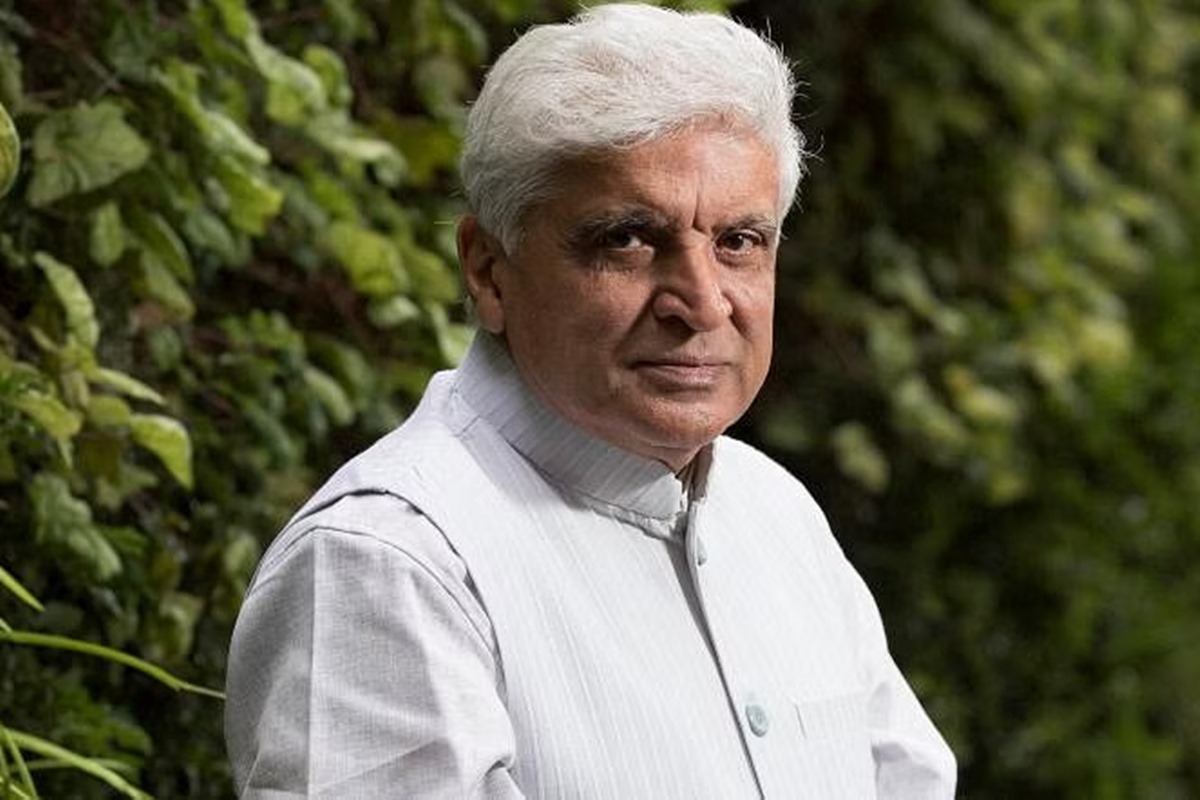Boman Irani speaks on working with Shyam Benegal
In an interview with Subhash K Jha, Boman Irani speaks on working with Shyam Benegal and completing 15 years of Well Done Abba
Veteran screenwriter Javed Akhtar attended the funeral of the late cinema legend Shyam Benegal in the Dadar area of Mumbai on Tuesday.
IANS | New Delhi | December 25, 2024 1:14 pm

Javed Akhtar (File Photo)
Veteran screenwriter Javed Akhtar attended the funeral of the late cinema legend Shyam Benegal in the Dadar area of Mumbai on Tuesday.
The senior screenwriter said that he considers himself very lucky to get a chance to work in 2 films of Shyam Benegal. He called the experience of working with him “very rewarding” as it introduced him to a new style of storytelling and filmmaking.
Advertisement
He told the media, “He was the father of parallel Hindi cinema. He made ‘Ankur’ in 1974 that means he made a film 50 years ago. In those 50 years, he made alternative films, non-traditional films, and realistic films. His contribution was huge. He gave birth to the parallel film movement in India. Very few people know that there was a film club, they had a selection of 100 best directors in the world. There were only 2 directors from India, Satyajit Ray and Shyam Benegal”.
Advertisement
He further mentioned, “I consider myself very fortunate that I wrote songs in 2 of his films, ‘Zubeidaa’ and ‘Sardari Begum’. That was a very rewarding experience for me because they were new kinds of films, a new style, a new dialogue. He won a lot of awards. He has a lot of contributions to our cinema. And he has achieved a lot”.
When asked about Shyam Benegal’s birthday celebrations which were held a few days ago, Javed said, “That time only Shabana was there, I wasn’t in Mumbai. Today, Shabana, who treated him like a father, is not in Mumbai today to pay her last respects to him”.
Shyam Benegal is widely considered as one of the greatest filmmakers after the 1970s, and received several honours like 18 National Film Awards, a Nandi Award, the Dadasaheb Phalke Award, India’s highest award in the field of cinema, a Padma Shri, and Padma Bhushan. He also served as the Director of the National Film Development Corporation (NFDC) from 1980 to 1986.
Advertisement
In an interview with Subhash K Jha, Boman Irani speaks on working with Shyam Benegal and completing 15 years of Well Done Abba
Actor Nawazuddin Siddiqui opened up about how his early days as a science student significantly influenced his journey into the world of acting.
Her roles show a blend of vintage Bollywood melodrama and modern-day storytelling, so it is not surprising that she wishes to herald stories which are real to women of today's times.
Advertisement
